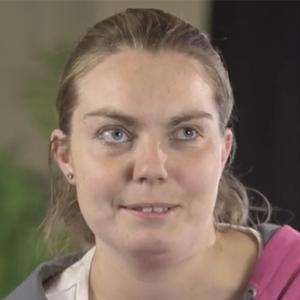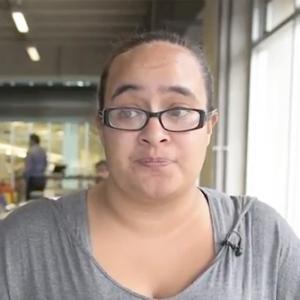
Jessica
"I made lots of friends when I went to school. I liked hanging out with them and talking to them... at lunchtimes and morning tea. It was really quite fun to see what they had been up to and talk to them"

Georgina
"I made some new friends... I like playing with my friends... we played outside and (I had) fun with my friends."

Katherine
"The only reason why I went to school was because my friends they made me go to school."
Watch Katherine's film. She talks about how much difference a small group of friends made in her life.
1. How did her friends help her to stay in school?
2. What got in the way of Katherine making more friends at school?
3. How did she feel when she had no friends who understood her?
“..we cherish relationships, but as a society we sometimes do not appreciate their precious and fragile nature. We take for granted the capacity to make and keep friends.”
Gutstein & Sheely (2004, p. 13)
Friendships are important. They make our lives better. When we have a friend we have someone to share our lives with. Sometimes we can make friends at school and even if we move to other places we can still stay friends. Friends are people who share the everyday things we do at school. We may choose to have break together or share lunch. We look about for each other and support each other when things are not going well. Sometimes it is not easy to make friends.
The following resources can help us to think about friendships, the things that make them work and the things that are not so easy.
Hutchison, P. & Lord, J. Lord, K. (2010) Friends and inclusion. Five approaches to building relationships. http://www.inclusion.com/friendspreface.pdf
MacArthur, J. (2013). Sustaining friendships, relationships and rights at school. International Journal of Inclusive Education.
MacArthur, J. (2009). Learning better together. Working towards inclusive education in New Zealand schools.
“Social connections enrich children’s private worlds by providing practical and emotional support. They offer a means for relaxation, fun and enjoyment; and provide opportunities for children and young people to voice frustrations, to self- disclose and to have new experiences”. (p.241)
MacArthur, J., Higgins, N., & Quinlivan, K. (2012). Children's and young people's social participation. S. Carrington, & J. MacArthur, Teaching in Inclusive School Communities, 237-266.